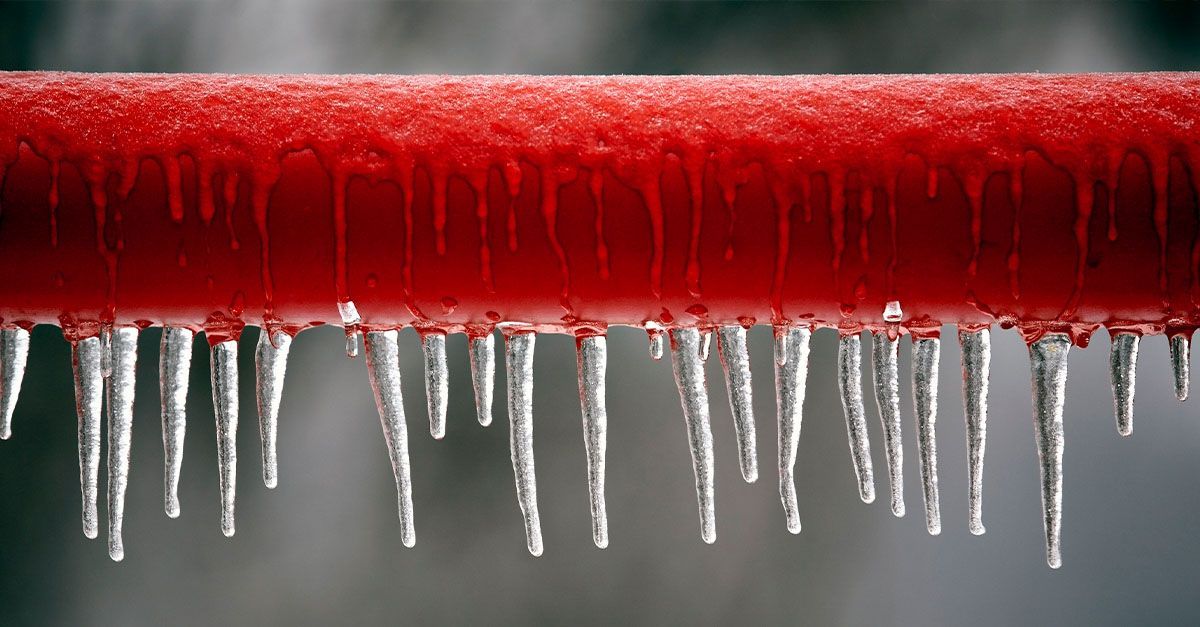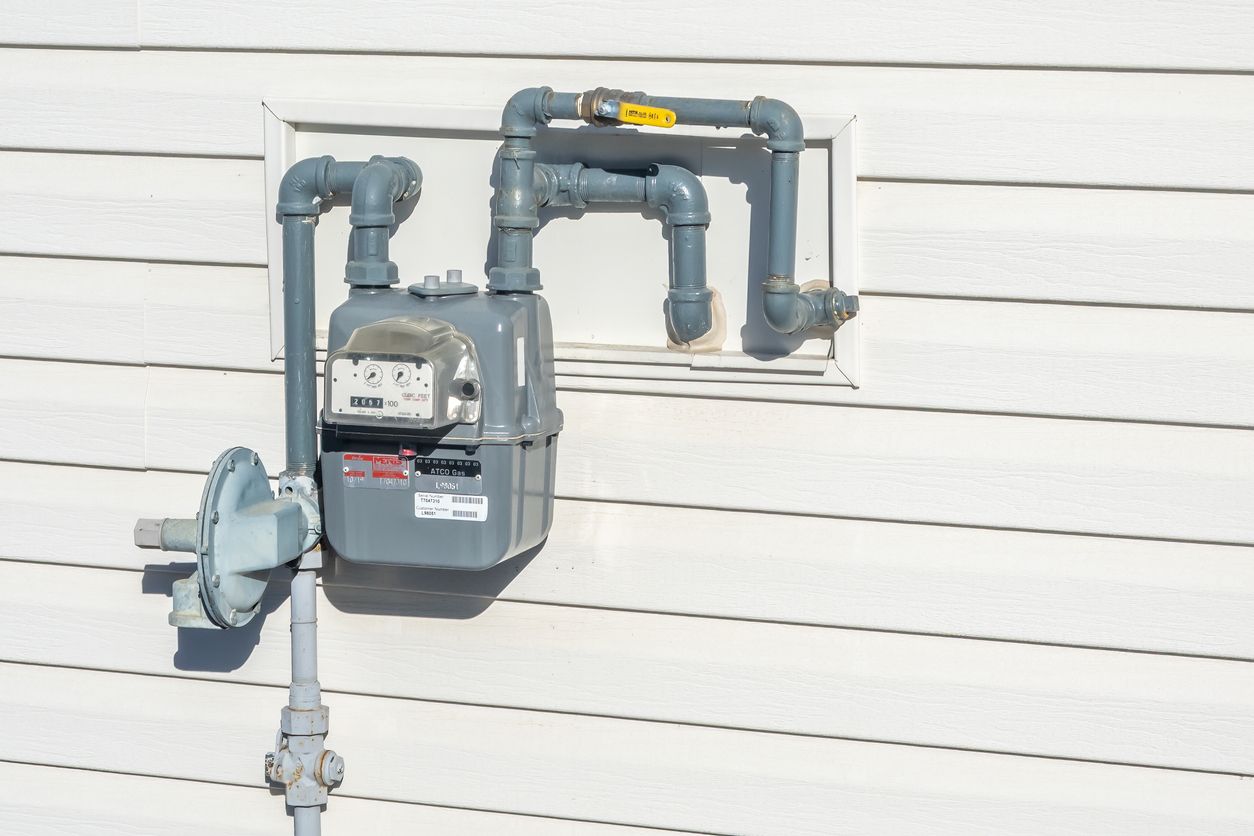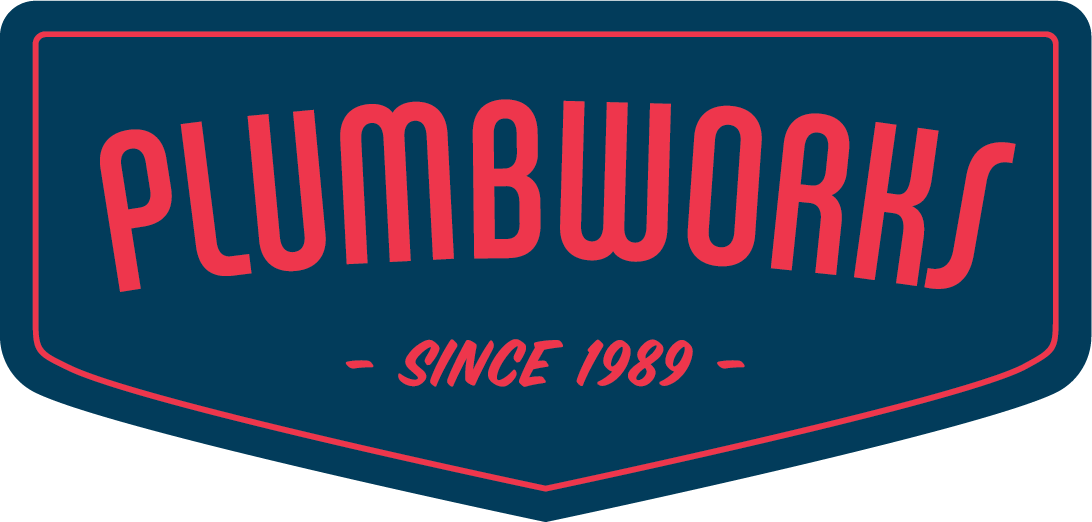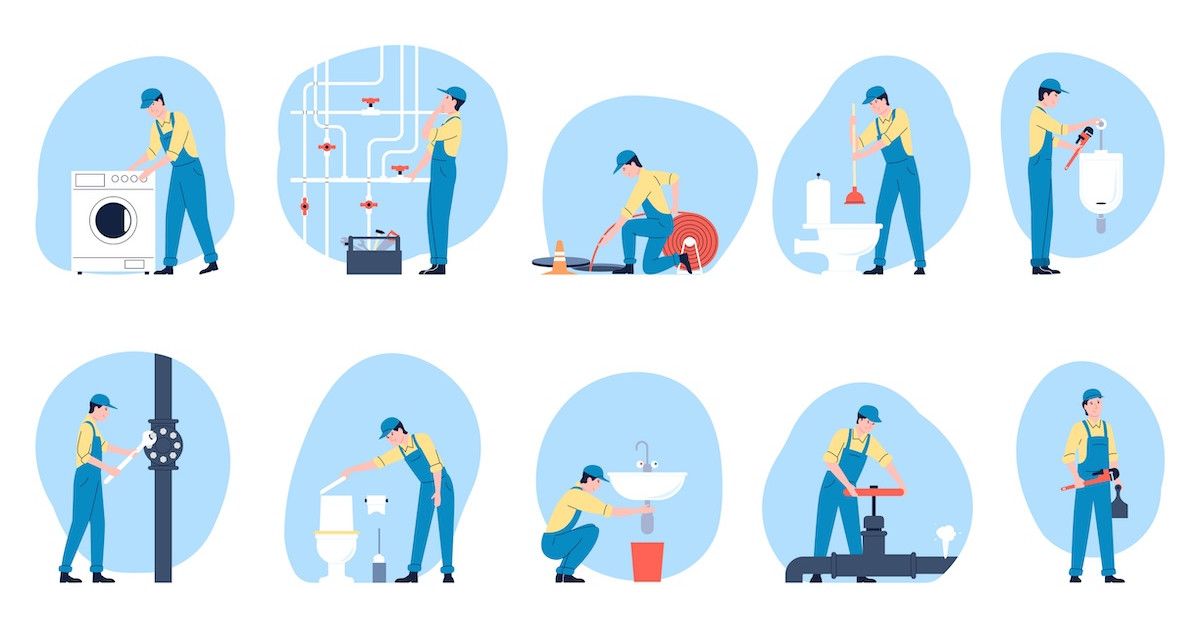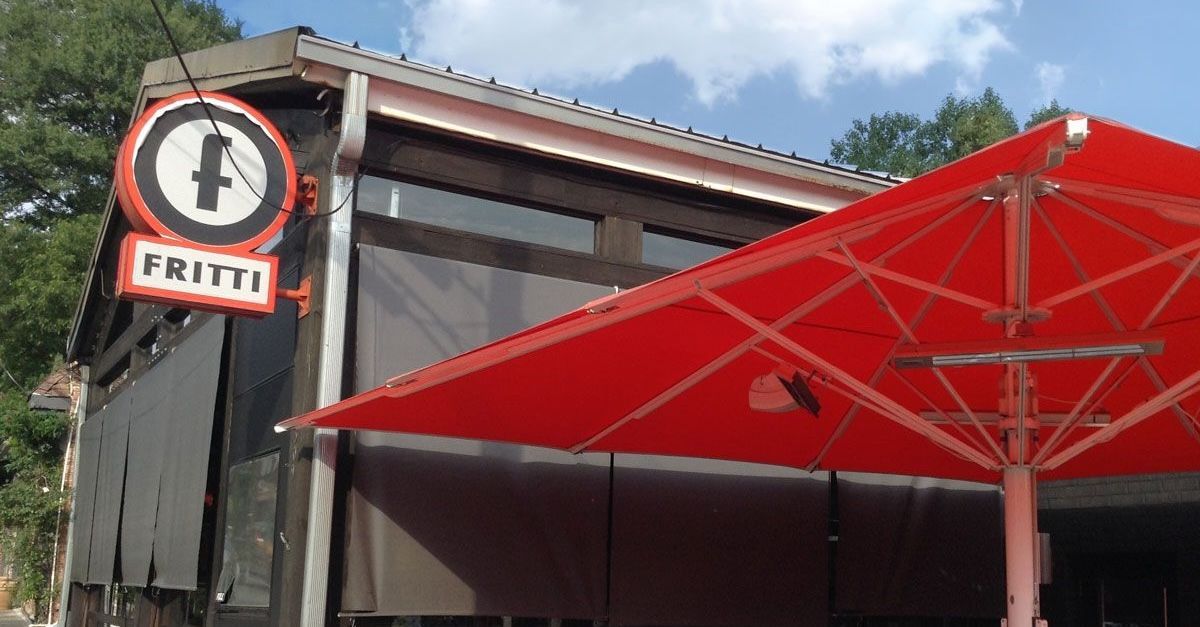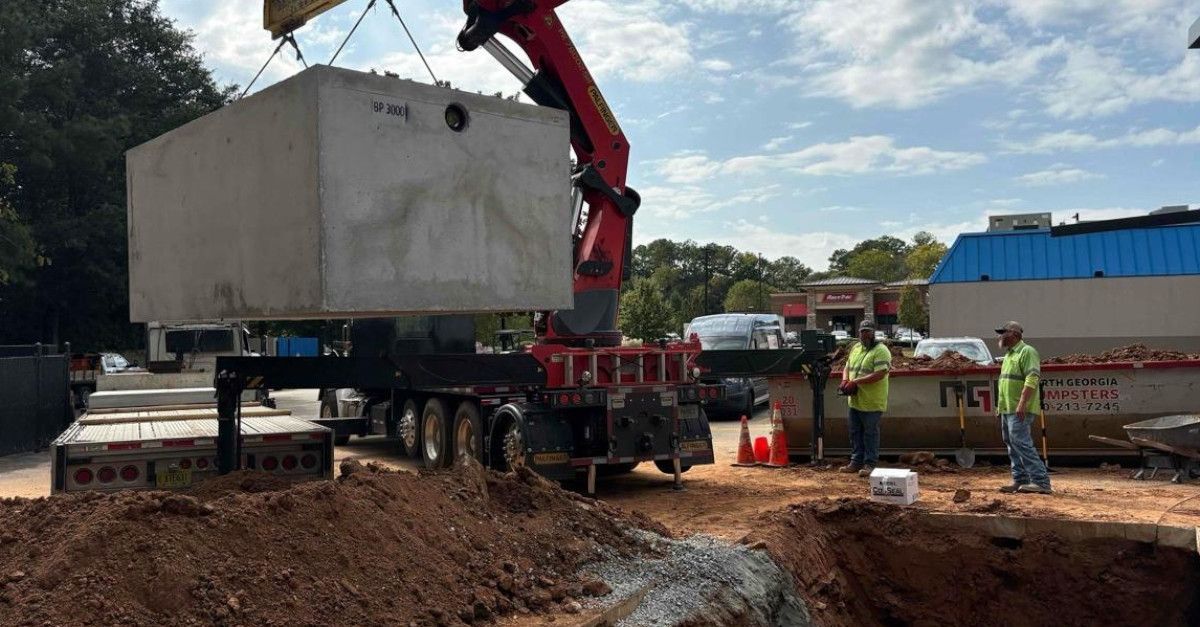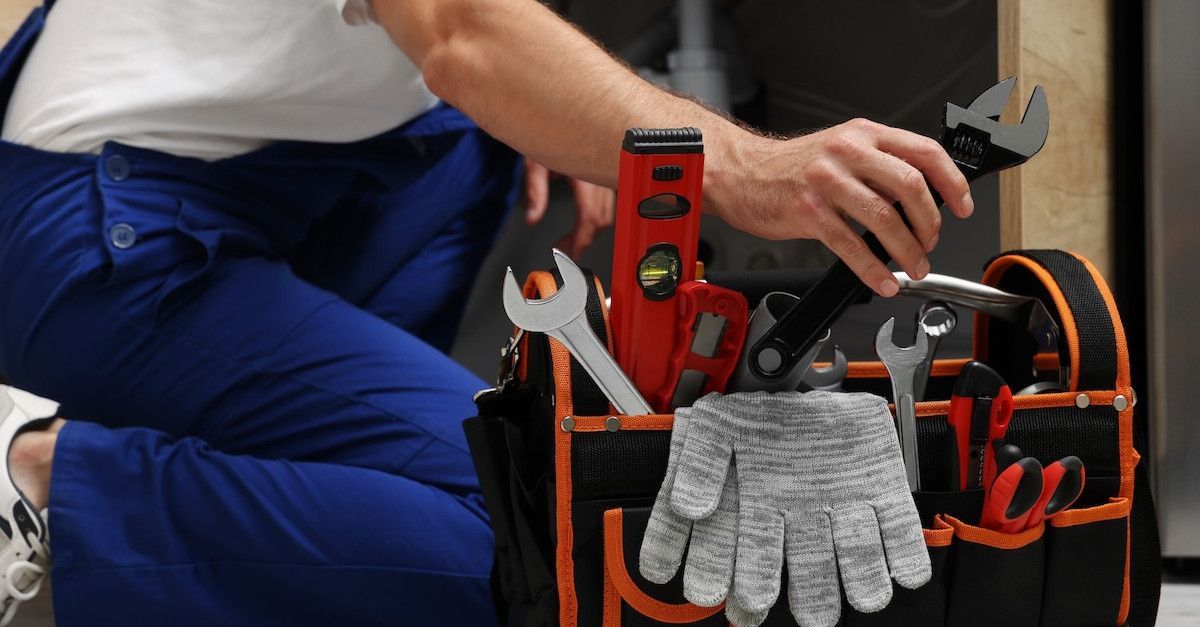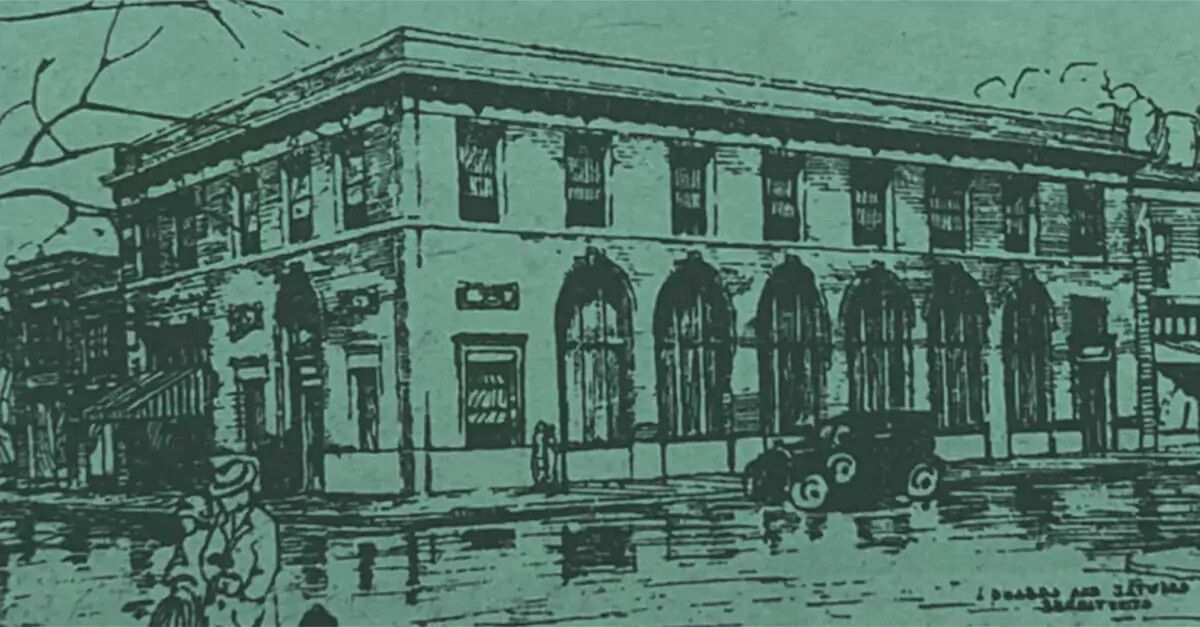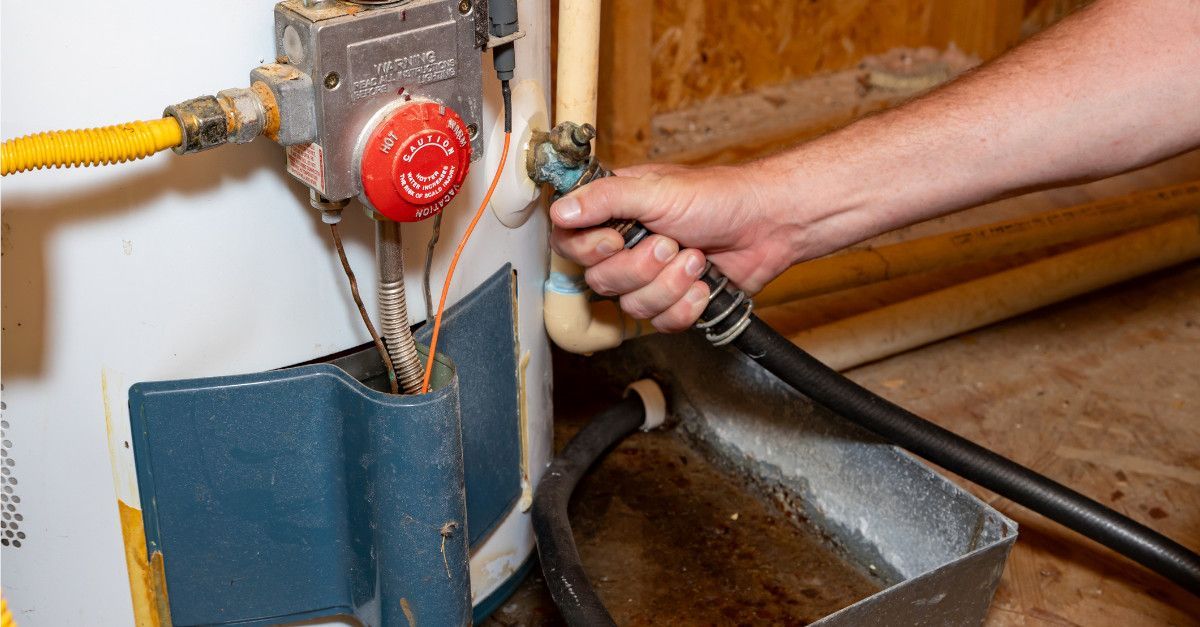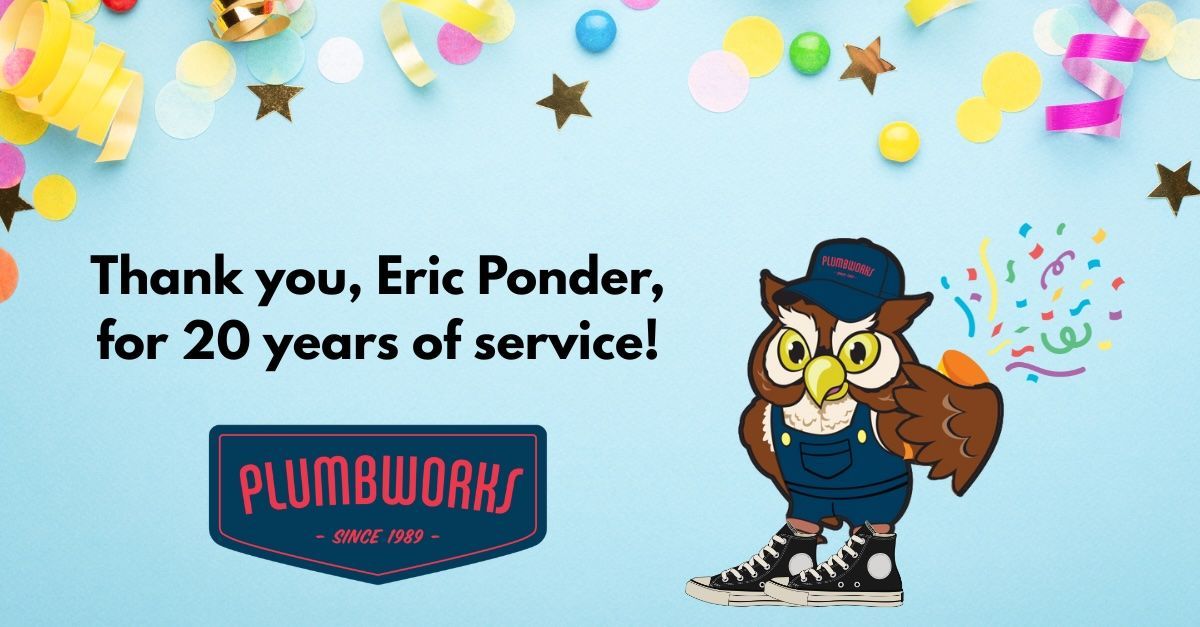Common Plumbing Problems in Old Houses
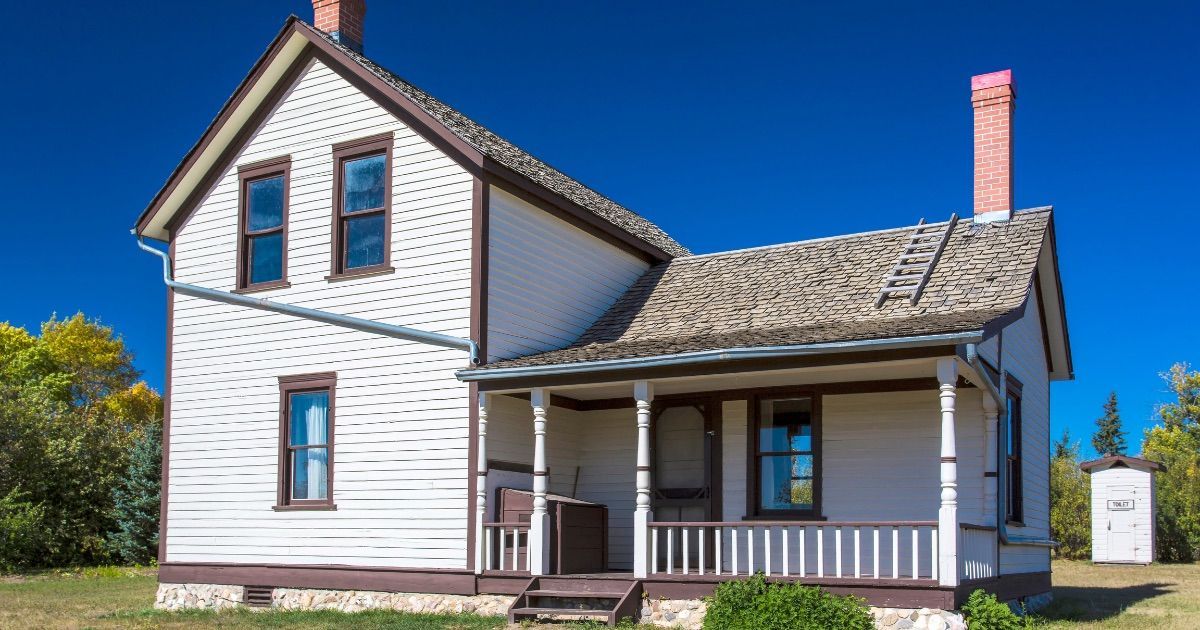
Owning an old house comes with its own unique charm, but it also brings a set of challenges, particularly when it comes to plumbing. Many older homes built before the 1960s and 1970s have distinctive features that reflect the architectural trends of their time. In this blog, we'll explore some of the common plumbing issues found in old houses and discuss practical solutions to address these challenges.
The Freeze Dilemma: Water Lines in Exterior Walls
One of the distinctive characteristics of plumbing in older homes is the placement of water lines within exterior walls. In homes built prior to the 1960s-70s, water lines were frequently installed in outside exterior walls. This design, while common at the time, presents a significant challenge during winter—freezing. During colder months the exterior walls become susceptible to freezing temperatures, causing the water lines within to freeze as well.
The consequence of frozen water lines is not only inconvenient but can also lead to extensive damage. When water freezes, it expands, putting pressure on the pipes. This pressure can result in cracks or even burst pipes, leading to leaks and water damage within the walls. Today, the only water line commonly permitted to traverse exterior walls is the outside faucet, a deliberate decision to minimize the potential for freezing issues.
Homeowners of older properties must be vigilant during winter months to prevent this common issue.
Outdated Pipes
One of the most prevalent plumbing problems in older homes is the presence of outdated pipes. Many houses constructed before the mid-20th century were equipped with materials such as galvanized steel or iron pipes. Over time, these materials are prone to corrosion and rust, leading to leaks, low water pressure, and eventual pipe failure.
If you own an old house, it's crucial to assess the type of pipes in your plumbing system. Consider
repiping and upgrading to more modern materials like copper or PVC, which are corrosion-resistant and have a longer lifespan. This proactive measure not only addresses existing issues but also helps prevent future plumbing headaches.
Lead Pipes
Lead pipes were commonly used in plumbing systems until the early 20th century, posing a potential health risk. Over time, lead can leach into the water supply, especially if the water has high acidity or low mineral content. This can result in lead contamination, which has been linked to serious health issues, particularly in children.
If your old house has lead pipes, it's imperative to take action. Consider replacing lead pipes with safer alternatives to ensure the quality and safety of your water supply. Regular testing for lead content in the water is also recommended, especially if you have concerns about the plumbing materials in your home.
Inadequate Water Pressure and Aging Systems
Older homes may experience issues with water pressure, often due to outdated plumbing systems that struggle to meet the demands of modern appliances. Low water pressure can be frustrating, affecting daily tasks such as showering, dishwashing, and laundry.
To address this problem, homeowners can consider installing a water pressure booster system. This device helps regulate and increase water pressure throughout the house, providing a more efficient and satisfactory water flow. Additionally, checking for clogs or blockages in pipes and replacing old fixtures can contribute to improved water pressure.
Tree Roots in Sewer Lines
Another common plumbing problem in old houses involves the intrusion of tree roots into sewer lines. Over time, tree roots will infiltrate aging sewer pipes and cause blockages. This can result in slow drainage, sewage backups, and potential damage to the sewer lines.
To address this issue, homeowners should be proactive in maintaining their sewer lines. Regular inspections, especially if trees are present in close proximity to the sewer system, can help detect root intrusion early. Professional root removal services and, if necessary,
sewer line replacement are effective solutions to mitigate the impact of tree roots on plumbing.
Leaky Faucets and Fixtures
Leaky faucets and fixtures are not exclusive to old houses, but they do tend to be more prevalent due to the wear and tear associated with aging plumbing components. The constant drip of a leaky faucet not only wastes water but can also contribute to water damage and increased utility bills.
Homeowners can address leaky faucets through
leak detection services, by replacing worn-out washers, seals, or entire fixtures. In some cases, it may be more cost-effective to upgrade to newer, water-efficient fixtures that not only resolve leaks but also contribute to water conservation.
Mitigating the Risk: Tips for Old House Owners
If you find yourself the proud owner of a charming vintage home, there are steps you can take to mitigate the risk of freezing and associated plumbing problems.
- Insulation is Key: Properly insulating exterior walls can significantly reduce the risk of freezing. Adding insulation to the walls surrounding water lines provides a protective barrier, helping maintain a more stable temperature.
- Seal Gaps and Cracks: Identify and seal any gaps or cracks in the exterior walls. These openings can allow cold air to penetrate, increasing the likelihood of freezing. A well-sealed home is better equipped to withstand winter temperatures.
- Keep the Heat On: Maintaining a consistent indoor temperature, even when the house is unoccupied, can prevent extreme drops in temperature. This can be especially crucial during cold snaps to ensure that water lines remain above freezing.
- Upgrade Plumbing Infrastructure: In some cases, homeowners may choose to update their plumbing infrastructure. Re-routing water lines away from exterior walls or implementing more robust insulation can be part of a broader strategy to safeguard the plumbing system.
Owning an old house is a journey that intertwines preservation and adaptation. While the unique architectural features of vintage homes contribute to their character, they also require thoughtful attention to prevent and address common issues. Understanding the historical context of plumbing designs in older homes empowers homeowners to navigate these challenges effectively.
Your Older Home’s Plumbing is not New to Plumb Works!
With 35+ years of experience under our toolbelt, Plumb Works is your reliable plumbing company that can manage the plumbing challenges of older homes with grace and expertise. Our seasoned professionals specialize in conducting meticulous plumbing inspections, offering a comprehensive understanding of your vintage home's plumbing system. Whether it's upgrading outdated materials, addressing water pressure issues, or implementing efficient fixture upgrades, Plumb Works tailors its solutions to the unique needs of each property.
Trust Plumb Works to be your partner in preserving the legacy of your vintage home's plumbing –
contact us today or call us at
404-524-1825 for personalized solutions that stand the test of time.
